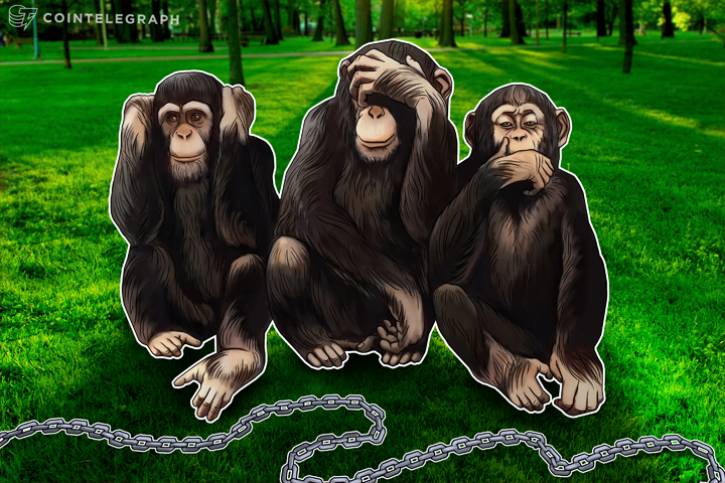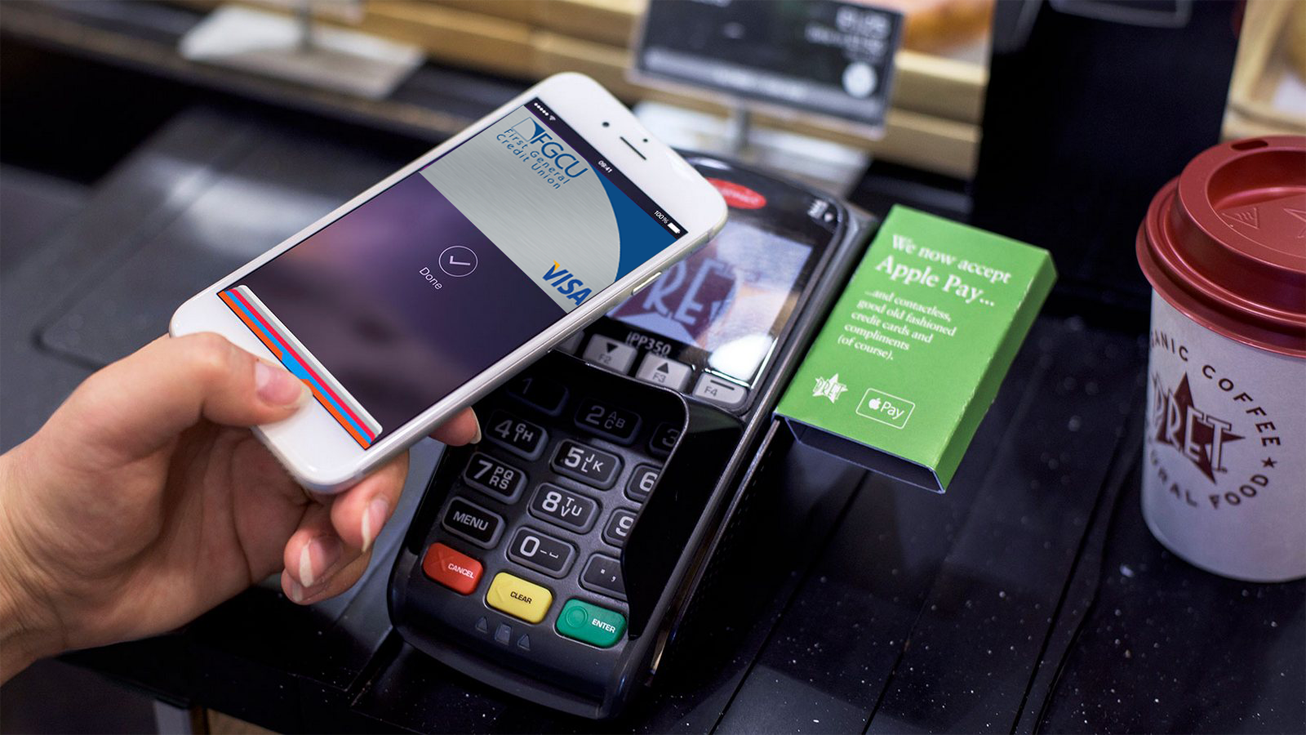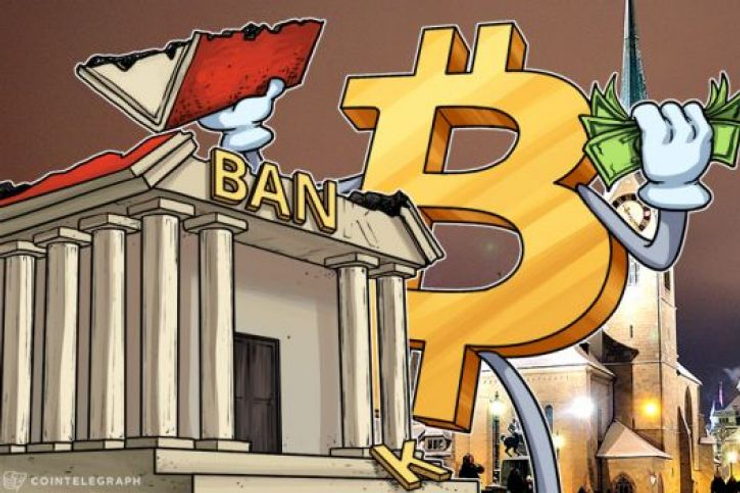Hi, I’m Adil Wali. I became a Microsoft certified professional at age 14 and started my first web development company. That led to a career as a serial entrepreneur, advisor, and startup investor. I got my first “real job” at 33, and I’m now a FinTech executive with a passion for the markets.

I think every american high school male, at some point, has a jaded ‘nice guys finish last’ phase. It’s 2 parts sulking and 1 part being bitter that the world is not fair. I was no exception. I remember how sure I was that there was a correlation between being a jerk and having success in social situations (and with women). I wasn’t the only person who was sure of this, either. Just about every friend I had in High School complained about the same thing. Except for those, of course, who weren’t ‘nice guys.’
Fast forward several years later, and I find myself thinking about how those teenage experiences shaped some of my later thinking. From movies to books to pop culture icons, I found that there was this very consistent theme out there about ‘finishing last’ if you’re a good person. The people who are successful in movies, books, and TV are typically those people who ‘do whatever it takes’ with blatant disregard for the wellbeing of others. (Think Lex Luthor)
I’m not sure how much of my thinking from younger years stuck around, and how much of this was just reinforcement from media, but I guess I always did subscribe to the ‘nice people finish last’ way of thinking (albeit, latently) until recently.
I have recently come to think that, in many industries, being a nice person really is a competitive advantage. While I find some successful people generally unfavorable, I’m not so sure that’s the rule. I was thinking about this particularly in the realm of Venture Capital.
VC is a fascinating space. It’s a space that is made out to be cut-throat and dominated by ‘sharks.’ While I do understand that the valuation incentives in Venture Capital can be complex, I am starting to get the feeling that it’s a space where nice people actually finish first.
I’ve had the pleasure of meeting and working with a number of great Venture Capitalists over the last 5 years, and I’ve found myself to be really surprised. As I think back on our decision making process for choosing capital partners, I find that we focused primarily on fit. At the end of the day, all money is green, isn’t it? Everyone who was going to help us with the capital part of the equation was going to bring money to the table just the same.
Yes, it’s true that each VC has a different ‘brand reputation’ and some are known for having stronger networks and more of an ability to contribute strategically to businesses than others. But what I have found is that most companies end up talking to competitors within the same ‘tier’ of investors. Within a tier, it seems that most VCs are comparable in terms of networks, reach, and reputation.
And more importantly, I have found that no amount of brand reputation was significant enough for us to overlook the feeling of ‘fit.’ At the end of the day, we chose partners who were comfortable working with for the long-haul. People we thought we could trust and rely on in times that were good or bad were the ones that stood out. And perhaps most importantly, we wanted to work with people that we truly believed had our best interests at heart.
And we think we got really lucky. As I think about some of the really stand-out personalities we’ve had the opportunity to work with, I realize that we probably did get lucky. But I also think that we’ve managed to build a great business so far, so I’d like to think that our investors will do pretty well also. If they were ‘not-so-nice’ people that don’t care about the wellbeing of others, they would have missed out on a fantastic investment opportunity. (If I can say so myself.)
—
So, my thinking has really evolved on the subject of ‘being nice’ and ‘doing well’ in life. I am not so sure anymore that nice people finish last. I think that, over the long-term, being a really good person can be a competitive advantage.
That’s a heartening thought…






